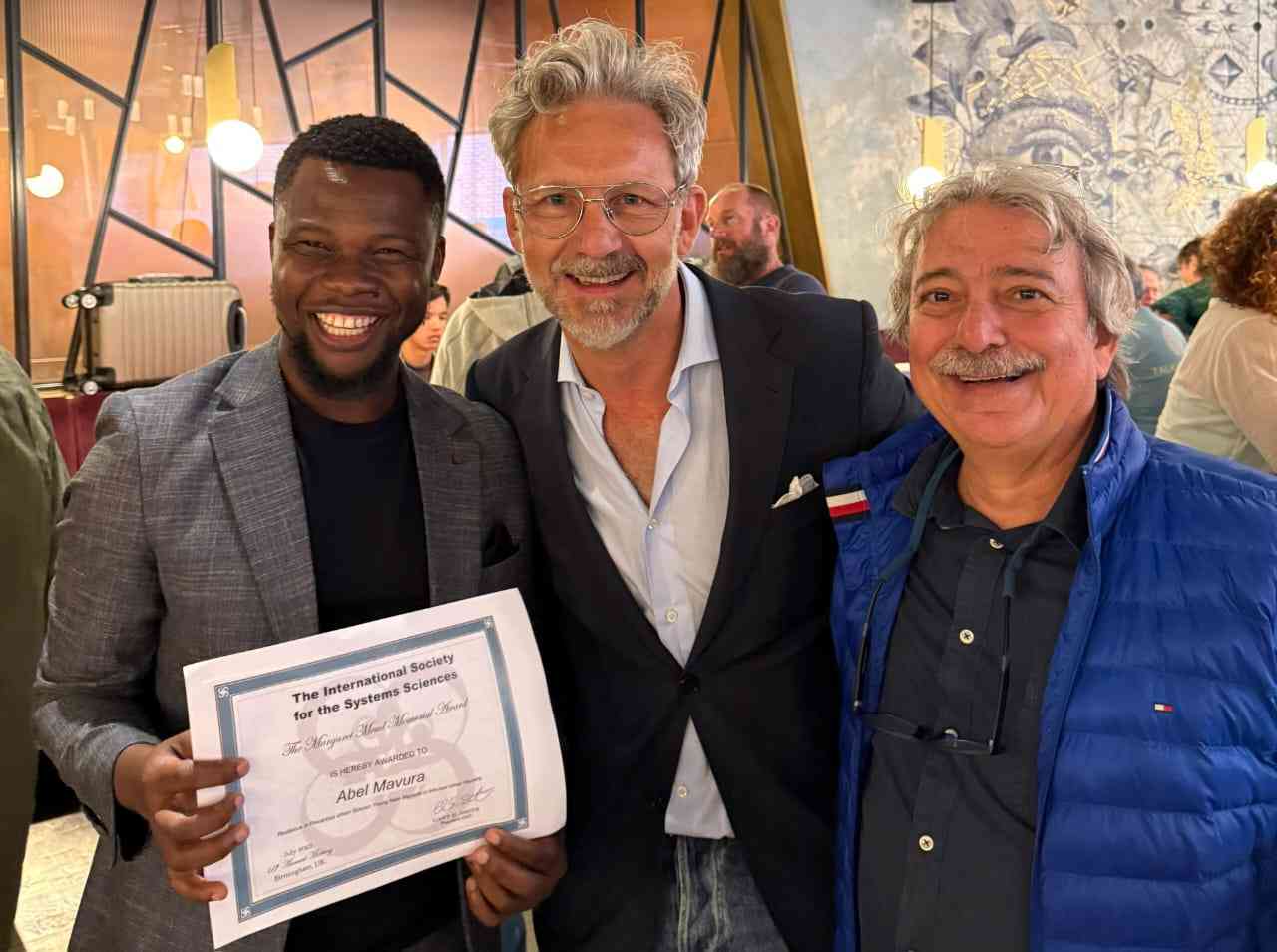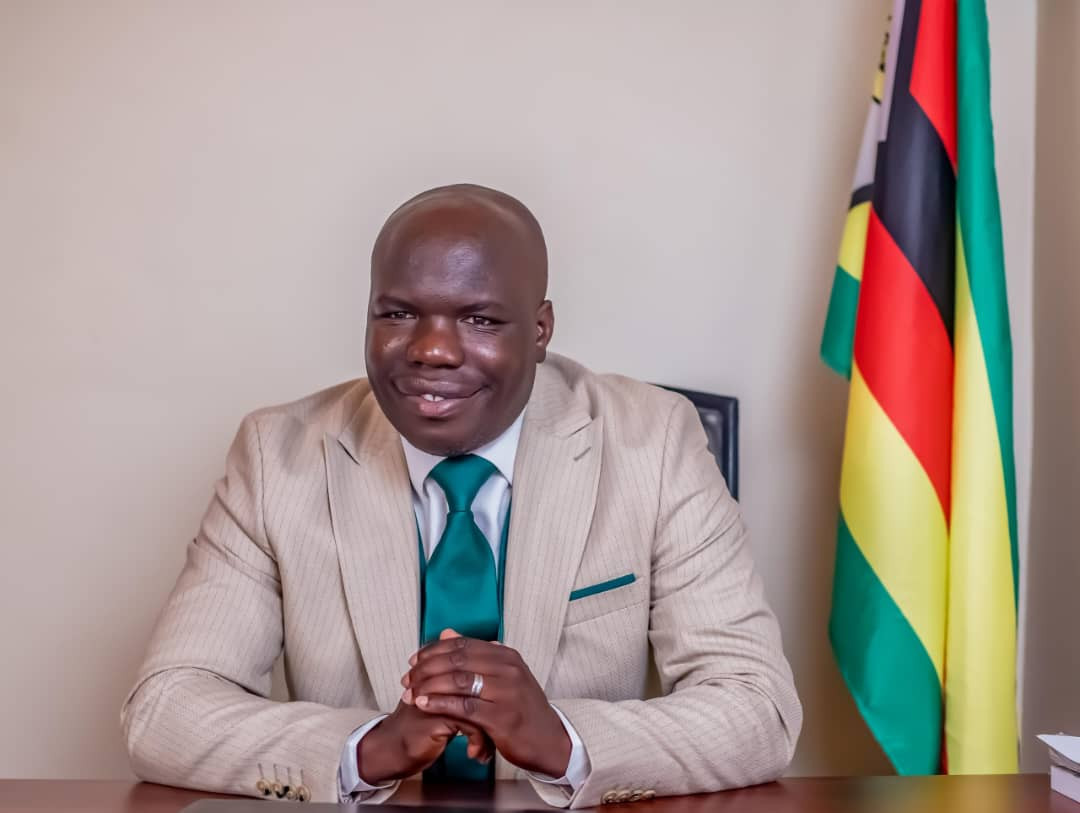
ONE of Bulawayo’s arts pride Inkululeko Yabatsha School of Arts (Iyasa)’s star continues to shine despite the rising competition.
BY SHARON SIBINDI
Founded 18 years ago, the group has, on its product list, renowned artistes such as Sandra Ndebele, Futurelove Sibanda, who is now based in Austria, Pepsie Magonya ( Australia), Silethemba Magonya ( France), Roben Mlauzi ( Czech Republic), Nqobile Malinga (news anchor at ZBC) and Mitchelle Msopero (China), among others.
Some of the artistes are now based in South Africa while others are pursuing arts as a business, running their own arts groups.
Iyasa director Nkululeko Innocent Dube told The Standard Style that continuity in the group was anchored on a strong junior policy.
“I would not classify it as a secret. Continuity is a result of having a strong junior policy at Iyasa. We define ourselves as a school of arts and that alone tells you a lot about our functional model, which is to keep on grooming new talent to take over when the mature artistes blossom and take up other opportunities,” Dube said.
“We also try to remain relevant in the sector and we keep our craft active locally and internationally concurrently. In that way, we keep our name alive locally while abroad.
“Generation after generation of our artistes understand that Iyasa acts as a brand rather than a names-based and reliant entity. Yes, others become more popular than their colleagues but we try to grow our brand to come before individual artists.”
- Chamisa under fire over US$120K donation
- Mavhunga puts DeMbare into Chibuku quarterfinals
- Pension funds bet on Cabora Bassa oilfields
- Councils defy govt fire tender directive
Keep Reading
Dube said Iyasa was unique from other groups because in essence, they had managed to come up with their own style of performance and management.
“That is what sets us apart from others. We at Iyasa compete with ourselves more than with other players in our sector. We see them as a mirror that we reflect on more than as rivals we need to outrace. We also believe a lot in synergies and collaborations,” he said.
“Working with and learning from other artistes locally and internationally has helped us a lot. It’s not easy to penetrate international markets, but when you work with artistes, theatres and directors based in those countries, you stand a better chance to be accepted. We try to study our markets and sell art that is relevant to those societies,” he said.
Dube said he was proud of having produced artistes that have become international stars.
“There is no better way to describe the feeling. You give a man fish, you feed him for a day. You teach a man how to fish, you feed him and his people for a lifetime. I feel honoured when artistes that have gone through our ranks go solo or make it to other opportunities,” he said.
“Honestly, because of the bond l create with some of them while they are at Iyasa, it is never easy to let go but when l finally accept that they have come of age, l feel as if that is the best repayment they can ever give me — to be independent.”
While other groups seem to have experienced problems in terms of funding and unity resulting in the collapse of their dreams, Dube said Iyasa’s story had remained a different one.
He said bonding and sharing of roles had become the pillar of strength for the group.
“We also encourage open thinking and welcome diversity. We try to make everyone feel and realise their importance to the bigger picture of Iyasa: Proper training and working hard. In summary, professionalism breeds success,” he said.











